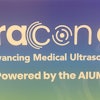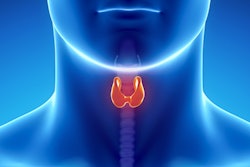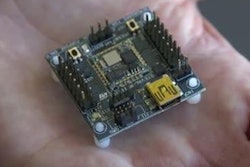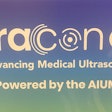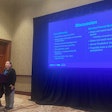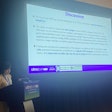Dr. Rafael Heiss of the University Hospital Erlangen and colleagues investigated the effectiveness of commercially available sport compression stockings on muscle perfusion, muscle stiffness, and the development of exercise-induced intramuscular edema as the result of delayed-onset muscle soreness.
In the study, 15 healthy participants performed calf muscle exercises and then wore a compression sock on one of their calves for 60 hours. All study participants underwent contrast-enhanced ultrasound, acoustic radiation force impulse elastography, and MRI before the exercise and 60 hours afterward. The researchers measured creatine kinase activity, the extension range of the ankle joint, calf circumference, and muscle soreness in both calves before the participants exercised and at the 60-hour mark.
Imaging showed that when patients wore sport compression socks after exercise that induced delayed-onset muscle soreness, the duration of their muscle stiffness was shortened. However, there was no significant effect on the degree of intramuscular edema or perfusion of the calf muscle, the researchers concluded.

